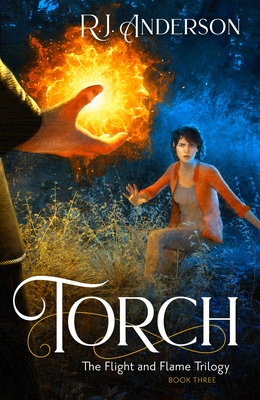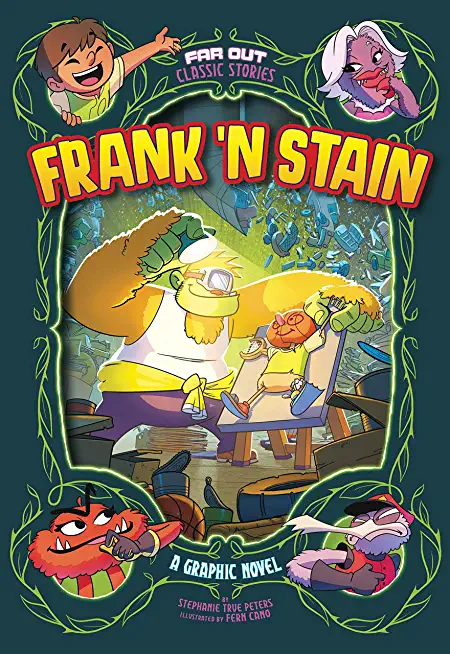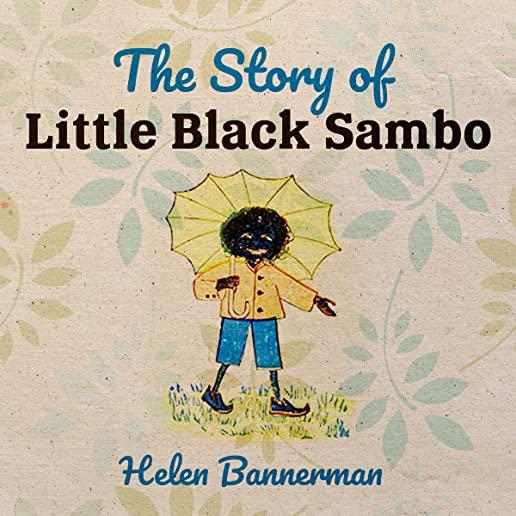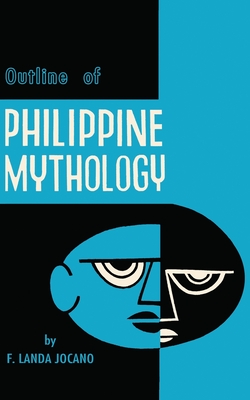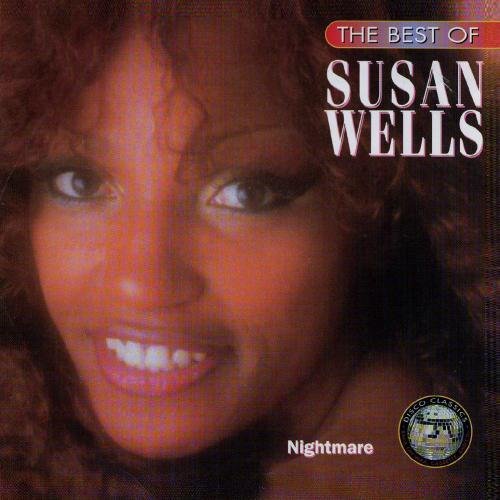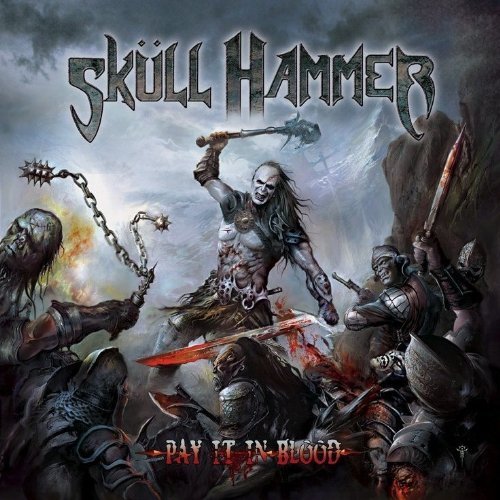
Ramos, Maximo D.
These pre-Spanish gods I have classified under twelve groups:
1. Demons-tall, dark, and ugly creatures that haunt large trees in or near human habitations.
2. Dragons-usually large animal forms such as pythons, crocodiles, and sharks that the folk avoid encountering. But they are often spoken to with awe or reverence and are thought to bring good fortune. Eclipses are thought to be caused by a huge sky dragon-the laho of the Tagalogs and Pampangos-swallowing the sun or moon. The folk believe that thunder is the sound coming out of the folds of the sky dragon's long body.
3. Dwarfs-old men who dwell underground with jars of treasure, entering and leaving their habitat through termite mounds on which they often invisibly sit and give itches and cast dust into the eyes of those who molest them.
4. Elves-short or tall fair-complexioned tree-dwelling legendary beings that try to seduce the men or women they fancy, steal rice and fish from kitchens and fishtraps, and give treasure to those who please them.
5. Ghouls-Aswang that devour corpses and are scared off by bright light and loud noise around the dead.
6. Giants-relatively harmless large human and animal forms that often interact with people.
7. Merfolk-fish-tailed men and women found in rivers, bays, and seas but living in luxurious dwellings to which they take the men or women they capture.
8. Ogres-man-eating large creatures, usually in the shape of ugly humans but in some cases of animals and birds that devour people.
9. Vampires-pretty women aswang with long tubular tongues through which they suck out blood from their human victims, usually their dancing partners in night spots.
10. Viscera Takers-good-looking women aswang with enormously extendible tube tongues through which they suck out the entrails or fetuses of their human victims.
11. Werebeasts-aswang in the form of dogs or other fierce Philippine animals that attack people at night, devour them, and then resume their harmless human form.
12. Witches-men and usually women aswang who have the power to make people severely ill.
The beliefs in these twelve groups of demonological beings have shaped Philippine culture and Philippine behavior because the folk fear and try hard to propitiate them or counteract the harm they do.
